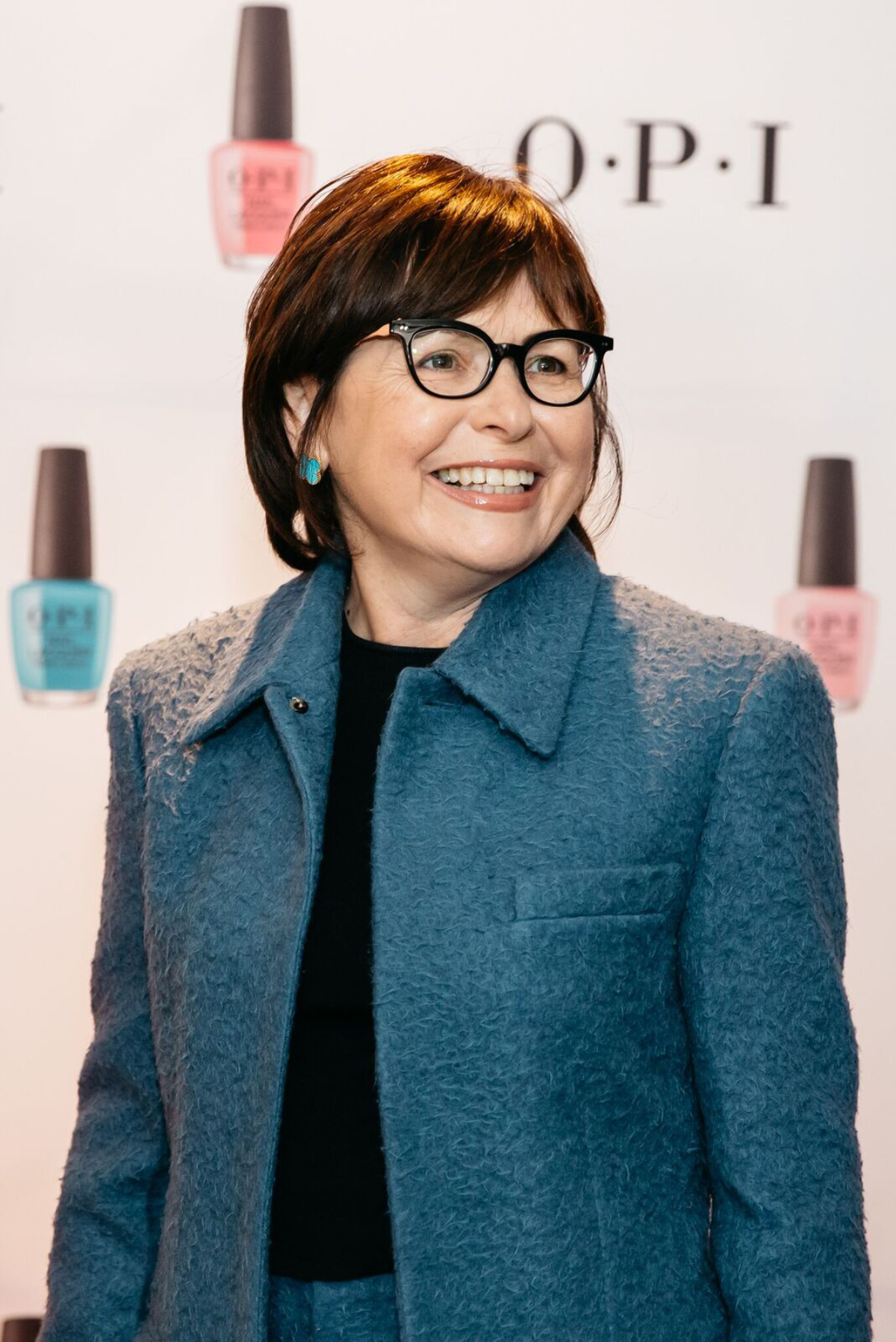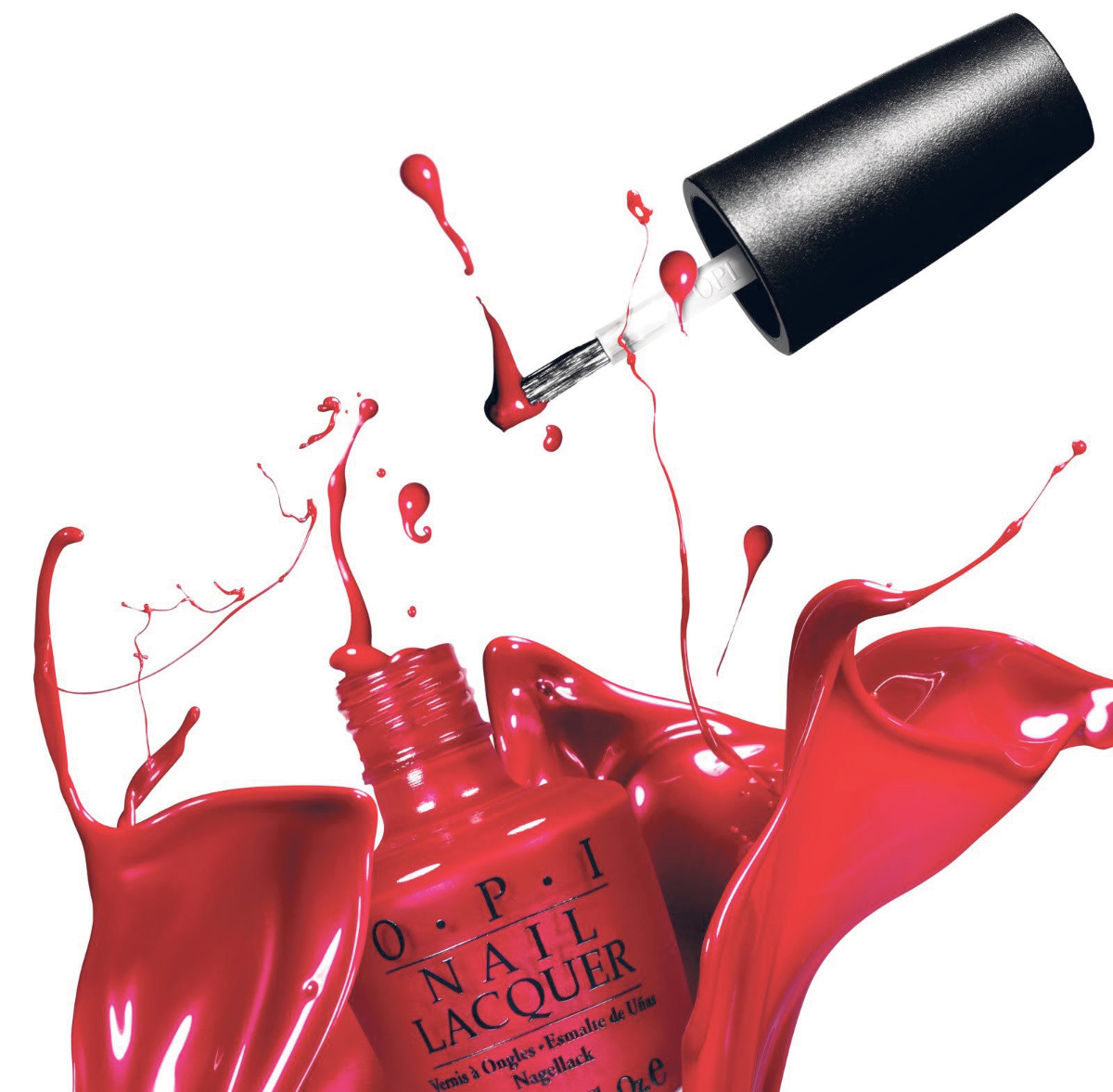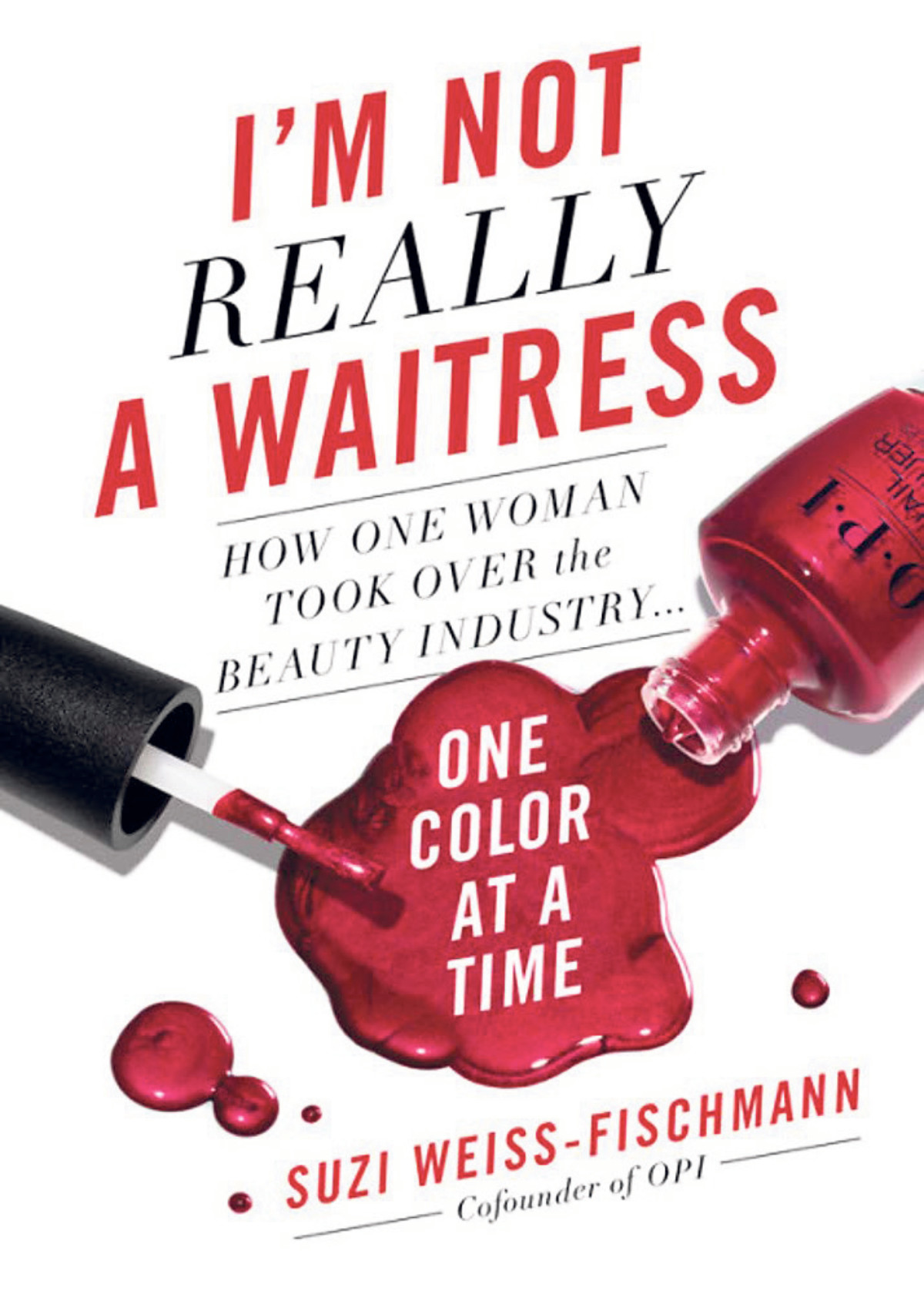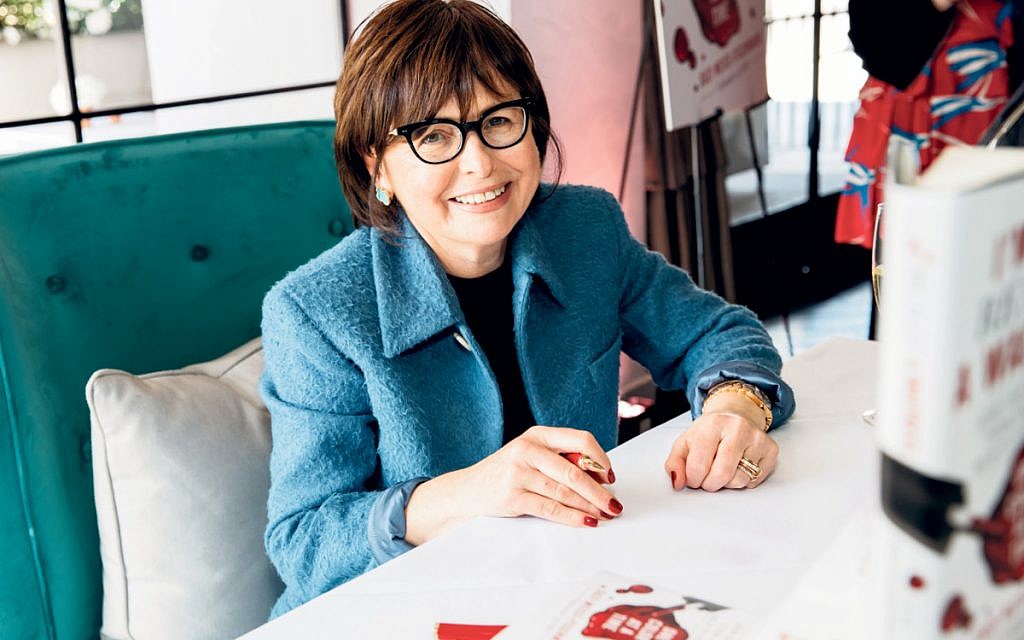Meet the Hungarian Jewish woman behind the world’s largest luxury nail brand
Suzi Weiss-Fischmann tells Jewish News how she rose from her humble European roots to help create OPI
It might seem surprising, but once women know who Suzi Weiss-Fischmann is, they remove their footwear and ask her to guess what colour varnish is on their toes.
The co-founder of OPI, the well-known, global luxury nail care brand, gets accosted pretty much everywhere she goes, but the strangest venue was in
a baseball field.
Laughing, she tells me: “I was on the bleachers with the other mums, watching our sons, and they said, ‘what colour am I wearing?’ I was like, ‘I don’t know!”
Get The Jewish News Daily Edition by email and never miss our top stories Free Sign Up
But the “First Lady of Nails” does know a lot about colour, for she was the creative brains behind OPI (working on colours, trends, marketing and advertising) and, despite selling it to Coty in 2010, remains a brand ambassador and in charge of naming colours.
But before becoming, in her own words, the “number one professional salon brand in the world”, OPI – which stands for Odontorium Products, Incoporated – was actually founded as a dental supply company in 1981 by Suzi and her sister Miriam’s former husband, George Schaeffer.

As Suzi reveals in her recently-published book, I’m Not Really a Waitress (named after OPI’s top-selling nail colour), George noticed that nail technicians and salon owners were buying dental acrylics in order to make their own artificial nail extensions. So the pair researched the market and won over their LA clients.
Grafting all hours, they branched out into ancillary products, including nail polish removers, brushes and files. But Suzi saw another gap in the market: nail colour. While there were coloured varnishes on sale, she says the brands were not connecting to women on an emotional level.
“OPI made nail polish personal and relatable to women – with seasonal colours and iconic names,” she explains, pointing to colours with such exotic names as Don’t Bossa Nova Me Around, Cajun Shrimp and Kyoto Pearl.
The company aimed to give every woman a bit of luxury, she says, and it stayed relevant through innovations and collaborations with some of the biggest stars of film, television, music, and sport.
“We realised we could change the whole category of nail polish to make it much more than just polish – a way to self-express and inspire women to colour. The nail plate is the world’s smallest canvas. Nothing was taboo anymore.”
Suzi is grateful to her late parents, Laszlo and Magda, for having brought her and Miriam out of communist Hungary (where she had secretly studied Hebrew with a rabbi) to the US by way of Israel.
“People don’t realise what freedom means until you don’t have it,” recalls Suzi, who was born Zsuzsi in Gyöngyös, 50 miles east of Budapest. The family fled in 1966 when she was 10.
“We had a very nice house. My father was a butcher and my mother worked in a store – government owned, of course. It was a good life but also very scary – we always lived in fear,” she recalls.
Laszlo was often taken by the secret police at night in an attempt to persuade him to join the communist party. When he refused, he was jailed, usually only for a night. It was when her mother was taken and kept for four days that Laszlo started making plans to flee.
“Me and George – who had come to the US in 1956 during the Hungarian revolution – were always so grateful for what we had,” she says. “My dad always said if you give, you get, and the first thing was to help our employees and their children.”

Aged 19, Magda had been sent to Auschwitz, where she spent 18 months. “My mum was with her two younger brothers and her mother on the train. They went left, my mum went right; they went to the gas chamber right away. My mum survived because she was young and strong and able to work.”
Family life is paramount to Suzi and her husband, George Fischmann, who was born in Guatemala, after his parents left Czechoslovakia during the Second World War. No matter how busy her schedule, Suzi still strived to attend shows and sporting events and did her fair share of the carpool – even if she was always the last to arrive at pick-up.
Judaism is extremely important to the couple, who gave their daughter and son a traditional upbringing. “We observe all the holidays and the kids grew up with a lot of traditions that I hope they will pass onto their children,” enthuses Suzi.
She sees her book as another way of giving back, filled as it is with business advice and inspiration for the next generation of entrepreneurs.
“It’s about living a meaningful life,” she explains. “It’s ok to have nice things, but it’s also very important to help others who are less fortunate.”
- I’m Not Really A Waitress: How One Woman Took Over the Beauty Industry by Suzi Weiss-Fischmann, is published by Seal Press, priced £20 (hardback)

Thank you for helping to make Jewish News the leading source of news and opinion for the UK Jewish community. Today we're asking for your invaluable help to continue putting our community first in everything we do.
For as little as £5 a month you can help sustain the vital work we do in celebrating and standing up for Jewish life in Britain.
Jewish News holds our community together and keeps us connected. Like a synagogue, it’s where people turn to feel part of something bigger. It also proudly shows the rest of Britain the vibrancy and rich culture of modern Jewish life.
You can make a quick and easy one-off or monthly contribution of £5, £10, £20 or any other sum you’re comfortable with.
100% of your donation will help us continue celebrating our community, in all its dynamic diversity...
Engaging
Being a community platform means so much more than producing a newspaper and website. One of our proudest roles is media partnering with our invaluable charities to amplify the outstanding work they do to help us all.
Celebrating
There’s no shortage of oys in the world but Jewish News takes every opportunity to celebrate the joys too, through projects like Night of Heroes, 40 Under 40 and other compelling countdowns that make the community kvell with pride.
Pioneering
In the first collaboration between media outlets from different faiths, Jewish News worked with British Muslim TV and Church Times to produce a list of young activists leading the way on interfaith understanding.
Campaigning
Royal Mail issued a stamp honouring Holocaust hero Sir Nicholas Winton after a Jewish News campaign attracted more than 100,000 backers. Jewish Newsalso produces special editions of the paper highlighting pressing issues including mental health and Holocaust remembrance.
Easy access
In an age when news is readily accessible, Jewish News provides high-quality content free online and offline, removing any financial barriers to connecting people.
Voice of our community to wider society
The Jewish News team regularly appears on TV, radio and on the pages of the national press to comment on stories about the Jewish community. Easy access to the paper on the streets of London also means Jewish News provides an invaluable window into the community for the country at large.
We hope you agree all this is worth preserving.
-
By Laurent Vaughan - Senior Associate (Bishop & Sewell Solicitors)
-
By Laurent Vaughan - Senior Associate (Bishop & Sewell Solicitors)
-
By Laurent Vaughan - Senior Associate (Bishop & Sewell Solicitors)
-
By Laurent Vaughan - Senior Associate (Bishop & Sewell Solicitors)






















